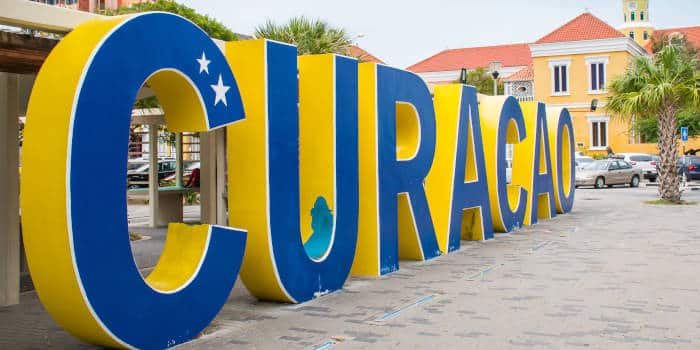The GCB will leverage its online portal to communicate with applicants, maintaining full transparency, in contrast to a recent damning report

The Curaçao Gaming Control Board (GCB) has released a statement on rumors about its licensing reforms, refuting certain misconceptions and providing important clarifications.
The statement was prompted by a recent complaint regarding the National Ordinance on Games of Chance (LOK) reform process. The complaint questioned the reforms and the integrity of the local licensing regime.
The GCB Refutes Claims That It Lacks Authority to Issue Licenses
The GCB noted that the authority to issue licenses will now stand with the Gaming Control Board itself. Fort context, this responsibility was previously given to the governor and later to the minister of finance. The GCB therefore denied the accusations that it lacks the legal authority to grant licenses.
Additionally, the regulator clarified that the licenses granted under the National Ordinance on Games of Hazard (NOOGH) legislation, the region’s older ruleset, are not provisional licenses. This means that any applicants whose application has been approved will receive a license.
The LOK, Curaçao’s new regulatory framework is set to be enacted in the near future. When that happens, companies with a NOOGH license will automatically be granted a provisional license based on the newer framework, providing them with a year to comply with the new requirements.
The GCB Will Do the Licensing Process Transparently
The LOK will employ a multi-phase license assessment process, fully checking all submitted applications and documents and conducting the necessary due diligence on companies’ leadership. The GCB will also review the operators’ business plans and websites.
The GCB will leverage its online portal to communicate with applicants, maintaining full transparency. The process will conclude with a report, upon which the GCB leadership will decide whether to grant a license.
The authority noted that in the future it might consider leveraging AI technology to smoothen the process.
Companies approved for a license will have to pay their fees directly into an official government bank account, which will prevent money embezzlement, as the recent damning report implied. After the payment has been received, a license will be issued.
Operators Are Responsible for Their Compliance
In the meantime, the GCB said that operators will be responsible for their own compliance not only in Curaçao but also in all jurisdictions in which they operate. The GCB noted that it lacks the jurisdiction to oversee its licenses in foreign markets but will take action if severe violations are committed by its licensees.
Operators are furthermore responsible for handling player complaints as per their GCB-approved terms and conditions. The LOK will also make Alternative Dispute Resolution (ADR) mandatory, ensuring more independent evaluations. Complaints received from ADRE entities will be used in the board’s risk-based supervision process.
The GCB concluded that it is working alongside global gaming and legal experts to ensure proper implementation of the LOK.
On a separate note, GCB said that it cannot comment on the BC.Game case because of confidentiality obligations.

